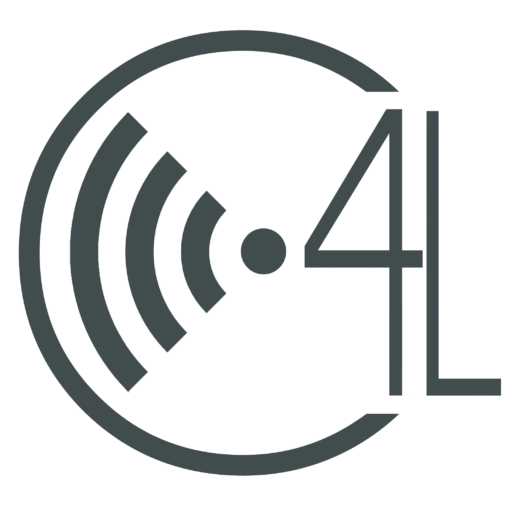Theory: You Can Learn Effectively through Problem-Based Education
Compiled by Lori Gracey | Excutive Director | TCEA.org
Summary of the Belief: Learning to solve problems is of utmost important (Popper) and to achieve this goal, students must use problem solving as an instructional method. With this, the solving of a problem by the learners themselves is central, with the teacher acting in a supporting role.
Points About the Belief:
- The use of problem solving as an instructional method ignores human working memory limitations. Working memory is very limited in duration and capacity. Baddeley described how information stored in working memory and not rehearsed is lost within 30 seconds. This limit only applies to new, yet to be learned information that has not been stored in long-term memory. For novice learners of a new subject or concept, problem solving is only possible by using weak methods such as means/ends analysis, which requires the student to consider differences between the goal state and the given state of the problem and to search blindly for steps to reduce those differences.
- Problem solving can be taught in more effective ways with the use of goal-free problems, worked-out examples, and completion problems.
- Problem solving as an instructional method only becomes effective when learners have already developed useful cognitive schemas in a domain.
- Research shows that problem-based education is not really suitable for acquiring new knowledge. But if you use problem-based learning to apply previously acquired knowledge to a new problem, that has a significantly positive effect.
Resources:
Your Analysis:
Is the theory:
- Myth
- Unproven
- Based on truth
What This Should Mean to Teachers:
